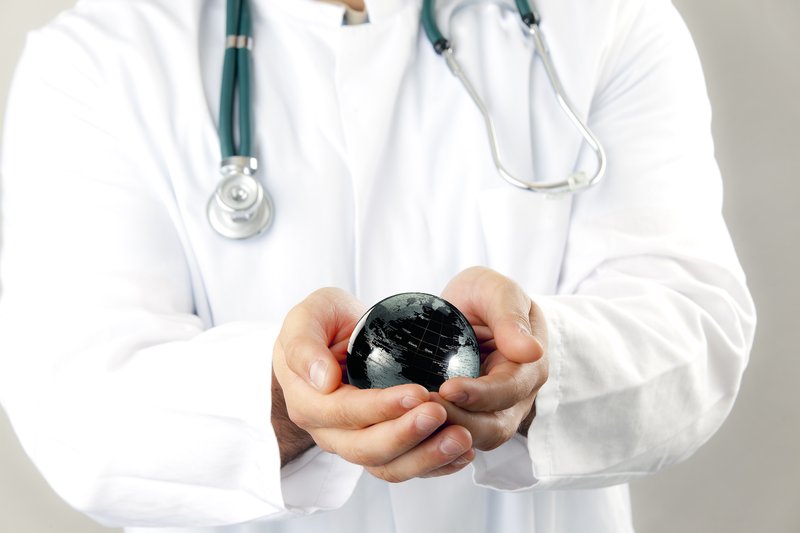How to become a Clinician Scientist?

HBRS offers many possibilities for German and international medical doctors!
In the following paragraphs different paths and models are shortly described. You are very welcome to contact us in order to discuss individual career plans.
(contact: kruse.susanne@mh-hannover.de; Tel. 0511-532-6011)
Germans
a) During undergraduate study (Dr.med.):
MHH offers the unique StrucMed programs to its students. Students pause their medical studies for two semester in order to work full-time on an experiental research project and receive the Dr.med. degree.
- StrucMed offers molecular/experimental projects, more information is found here.
- KlinStrucMed for clinical research. See details here.
- DigiStrucMed, a combination of (bio)informatics and research. See details here.
b) After Staatsexamen
We offer the following models to MHH students as well as any German medical doctors from outside Hannover:
1.) First PhD (fulltime 3-4 years):
You join one of our three PhD programs of HBRS after your Staatsexamen, work on an experimental PhD research project and achieve the PhD degree.
Afterwards you decide if you want to stay in research completely or want to combine a clinical training with research.
MHH offers the unique model of "dual career paths" as well as "dual department head concept", so that a career staying purely in research is available for medical doctors.
As to clinical training: Depending on the clinical subject, we have several role models. Rotation models are also available. Part of your PhD time can be accepted for the "Facharztweiterbildung". You are advised to approach us and/or clinical and preclinical/diagnostic department directors at least half a year before you finish your PhD (or if you are already decided: preferably before you start your PhD).
2.) At first parts of clinical training (Facharzt), then PhD:
Quite a few students start with their clinical training after Staatsexamen for 1-3 years. Then they interrupt their training (after e.g. the common trunk, first diagnostic training), then do their PhD for 3-4 years (fulltime) and after that continue their clinical training. The advantage of this model is that even during full-time PhD you are able to do "Dienste" from time to time in order to show your face in the clinics or diagnostic labs, and get some credits for "Facharztweiterbildung".
However, please note that this model depends on the respective department and funding, because it is most feasible if you continue with a full-time position for the PhD part. So, please find out about your career possibilities early. There are a number of clinics/ departments which are open to this model.
3.) Rotation model:
You either start with the clinical training or the PhD research work and then within 5-6 years do a combined training.
PhD research should however be at least 2 years full-time in one go.
Please contact us and/or respective department heads for more information.
Note: Medical students are welcome to attend lectures of the Biomedicine and Biochemistry Master programs in order to gain further knowledge in Basic Sciences.
International
MD or MBBS students are very welcome to apply to our PhD programs. We require however at least 6 months of molecular experimental research experience.
You will be awarded a PhD degree after 3-4 years.
Afterwards, you are very welcome to continue your career in research with MHH. If you would like to start a clinical career after PhD, this is not so easy, depending also on your country of origin.
One prerequisite is that you are able to speak German on C-level. We are most happy to give advice though.
Maybe you find the information useful how to work as a medical doctor in Germany:
https://www.praktischarzt.de/arzt/international-doctors-medical-students/
Young Faculty/ Clinician Scientist programs
MHH offers resident doctors to rotate out of the clinics to do research for 6 months/year (over a period of three years).
Please find more information on https://www.mhh.de/hbrs/young-academy-/-practis-/-titus and https://www.clinician-scientist.de/